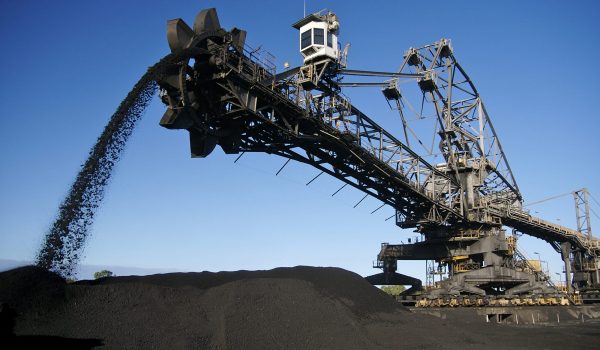While coal may not be the economic juggernaut it once was in Pennsylvania, the need for balance between oil and gas development and coal development remains as important today as ever. The challenges inherent in developing these two mineral estates may be distilled into two basic questions.
First, what recovery operations should coal operators and oil and gas operators be allowed to engage in at any given time? In answering this question, safety considerations are paramount. But due regard must also be given to each party’s right to access its minerals without unnecessary cost or delay.
Second, if one mineral estate owner’s operations detrimentally impact another mineral estate owner’s ability to recover its minerals, should the injured mineral estate owner be entitled to damages? And if so, under what circumstances, and how should damages be measured? For instance, if a coal operator’s longwall mining plans are delayed or otherwise adversely impacted by a new oil and gas well, is the coal operator entitled to damages? Similarly, if an oil and gas operator’s operations are delayed as a result of coal operations or it is required to construct its well pad at a more expensive or less desirable location from a production standpoint, is the oil and gas operator entitled to damages? Is an oil and gas operator entitled to damages if its facilities are harmed because of a mine subsidence event?
The answers to these two overarching questions are discussed at length in an article co-authored by Frost Brown Todd Member Kenneth Witzel. The article, “The Intersection of Gas and Coal in Pennsylvania,” was recently published in the Pennsylvania Bar Association Quarterly (July 2018). A full copy of the article can be found here.
For more information, please contact Kenneth Witzel or any other member of Frost Brown Todd’s Energy and Natural Resources Industry Team.

